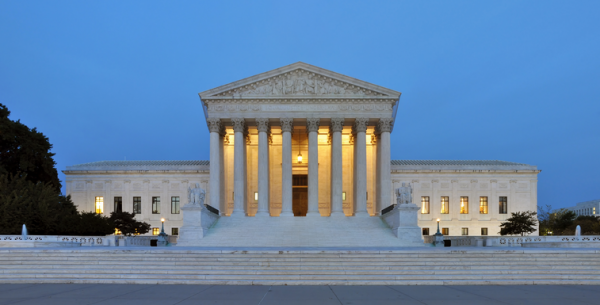 Parler
Parler Gab
Gab
- A few tech giants (mostly U.S. and China-based) and authoritarian governments control the $4.8 trillion AI industry – raising concerns about privacy, transparency and democracy.
- Closed-source systems lack accountability as seen in controversies like Microsoft's harmful AI-generated content, Citadel's market manipulation and Google's military AI projects.
- Open-source, community-governed AI offers transparency and reduced censorship risks but struggles against the resources and influence of centralized players.
- It faces hurdles like limited funding, technical scalability issues and fragmentation, while centralized AI benefits from corporate platforms like ChatGPT shaping public adoption.
- Decentralized AI must prioritize user privacy, resilience and democratized access to compete, but the battle against centralized control will take years. The future hinges on whether AI serves corporations or empowers individuals.
The promise and challenges of decentralized AI
Decentralized AI (DeAI) offers an alternative: Open-source models, community governance and transparent operations. Unlike centralized systems where a single corporation or government dictates AI's direction, DeAI distributes control – reducing risks of censorship, bias and abuse. Yet the obstacles for DeAI are immense. as major corporations and nation-states outspend and outmaneuver decentralized projects. DeAI also faces technical hurdles. To gain traction, it must prove itself in security, scalability and efficiency – areas where centralized AI currently excels. Additionally, without unified standards, decentralized projects risk fragmentation, making it harder to compete against tech behemoths. Centralized AI benefits from vast financial resources, established infrastructure and political influence. Most users will first encounter AI through corporate-controlled platforms like ChatGPT or Google's Gemini, giving centralized systems an early advantage in shaping public perception. Despite the odds, DeAI isn't doomed. Open-source models, like those championed by independent developers, could gradually erode centralized dominance by offering more ethical, transparent alternatives. Key priorities for DeAI include:- Privacy and data control: Ensuring users, not corporations, own their data.
- Resilience: Eliminating single points of failure that make centralized systems vulnerable.
- Democratized Access: Making AI tools available to all, not just those with corporate or government backing.
More related stories:
The Health Ranger interviewed by Seth Holehouse on AI wars: Decentralization vs. Centralized control – who will rule the future? Why achieving censorship is important to the centralized media establishment. AI arms race or AI suicide pact? Former OpenAI researcher warns of catastrophic risks in unchecked AI development. Sources include: CoinTelegraph.com Gate.io ZeroHedge.com Brighteon.comDigital pacifiers: How screens are rewiring children’s brains and fueling a mental health crisis
By Lance D Johnson // Share
Trump declares L.A. ‘Under Insurrection’ as federal forces mobilize to expel illegal migrants
By Finn Heartley // Share
Supreme Court rejects Mexico’s lawsuit against U.S. firearms manufacturers
By Ramon Tomey // Share
Governments continue to obscure COVID-19 vaccine data amid rising concerns over excess deaths
By patricklewis // Share
Tech giant Microsoft backs EXTINCTION with its support of carbon capture programs
By ramontomeydw // Share
Germany to resume arms exports to Israel despite repeated ceasefire violations
By isabelle // Share










